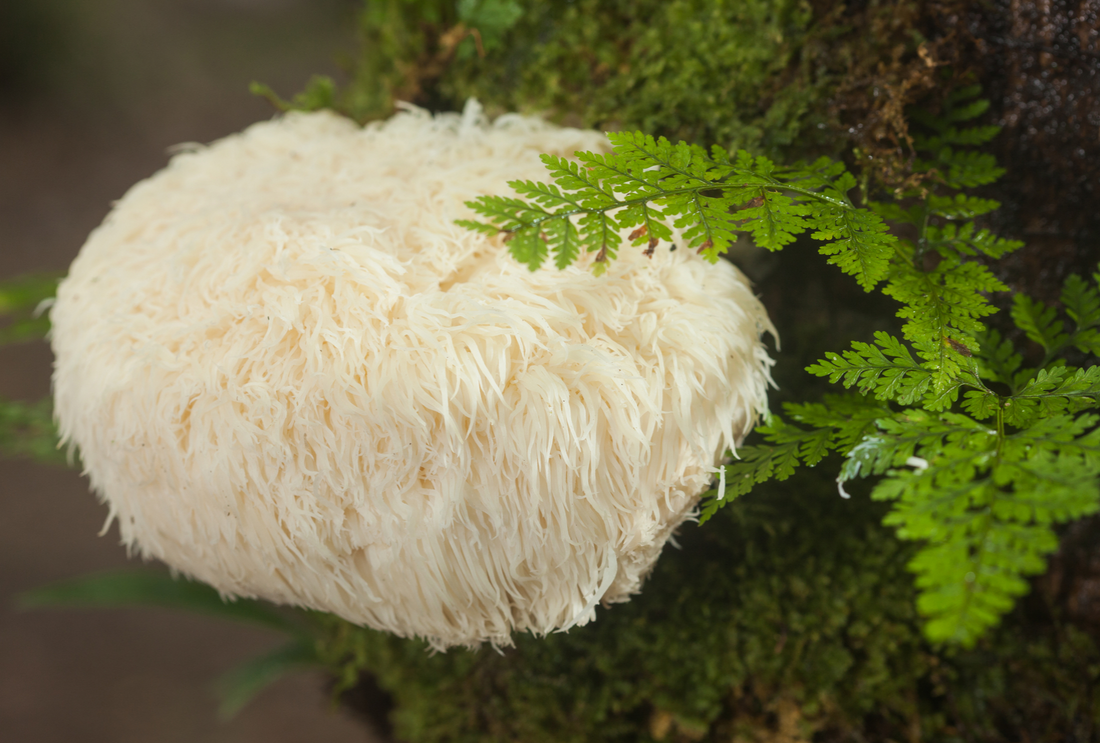
Multiple Sclerosis and Mushrooms
Multiple sclerosis a.k.a. MS, is a disease that can cause many problems affecting your brain. It can interfere with your vision, muscle control, balance and other body functions that most take for granted on a daily basis. The effects of MS are different for everyone who has it. Some people have severe problems that keep them from doing even the most simple of daily tasks while others have only mild symptoms and may not even need treatment. MS causes your immune system to attack a fatty substance called myelin, which covers and protects the nerve fibers. If the myelin is damaged or deteriorated in some way, the nerves loose their protection and become damaged themselves. Damaged nerves don't work as well so signals your brain sends don't get through. This can lead to a large number of problems with your body function like:
- Problems focusing or remembering
- Trouble with balance and walking
- Numbness and tingling
- Pain
- Blurred or double vision
- Feeling tired
- Sexual problems
- Depression
- Poor bladder or bowel control
- Muscle weakness or spasms
The first symptoms usually start between 20 and 40 years old and come about as an "attack" -after that called "relapses". These relapses usually are followed by times of recovery if the symptoms improve. Some experience the disease getting worse over time. In the recent years however, we have found many new ways to help prevent these relapses and often, these new treatments can slow the effects of this sometimes crippling disease.
One of the most recent treatments that is finding some surprising success is the use of a medicinal mushroom called Lion's Mane (Hericium Erinaceus), or in Japan, Yamabushitake. Yamabushitake gets the name Lion's Mane from it's striking appearance. It actually looks like a white bushy mane of a lion. But with it's very promising effects on nerves, it's the roar that we are more interested in!
Traditionally Lions Mane has been used because of its supporting of a healthy immune system and it's very exciting effects on various cancers.
In recent studies, scientists are finding that Lion's Mane is full of medicinal substances like Palmitic acid, Threitol and D-arabinitol. These constituents help reduce blood sugar and regulate the blood levels of lipids. Also, not only are there strong antioxidants present in the mushroom, they seem to have a great impact on dementia. Most importantly for patients of MS, the studies show there is strong evidence of nerve cell stimulation and a supporting of cognitive abilities. Amazingly, as shown in the studies, the growth of nerves and also the myelination was enhanced! Supplementation of the extract of the fruiting body of the Lion's Mane has been shown to improve the myelin on nerve cell fibers which could be huge for MS patients. In addition, Lion's Mane has the unique ability to stimulate the production of nerve growth factor and nerve growth factor also has been shown to have a protective effect on the myelin found on nerve cells.
These are incredible findings that show just how important supplementation of this mushroom could be. Make sure your mushroom supplement not only has a healthy amount of Lion's Mane in it, but a wide spectrum of other mushroom species. It has been shown that mushrooms have a synergistic effect when taken together.
1. The influence of Hericium erinaceus extract on myelination process in vitro. Kolotushkina EV, Moldavan MG, Voronin KY, Skibo GG. Fiziol ZH. 2003;49(1):38-45.
2. Hericium erinaceus (Bull.: Fr.) Pers. extract effect on nerve cells. Grygansky AP, Moldavan MG, Kolotushkina OV, Skibo GG. Int J Med Mushr. 2001;3(2-3):152.
3. Nerve growth factor and wound healing. Prog Brain Res. Kawamoto K, Matsuda H. 2004;146:369–84.